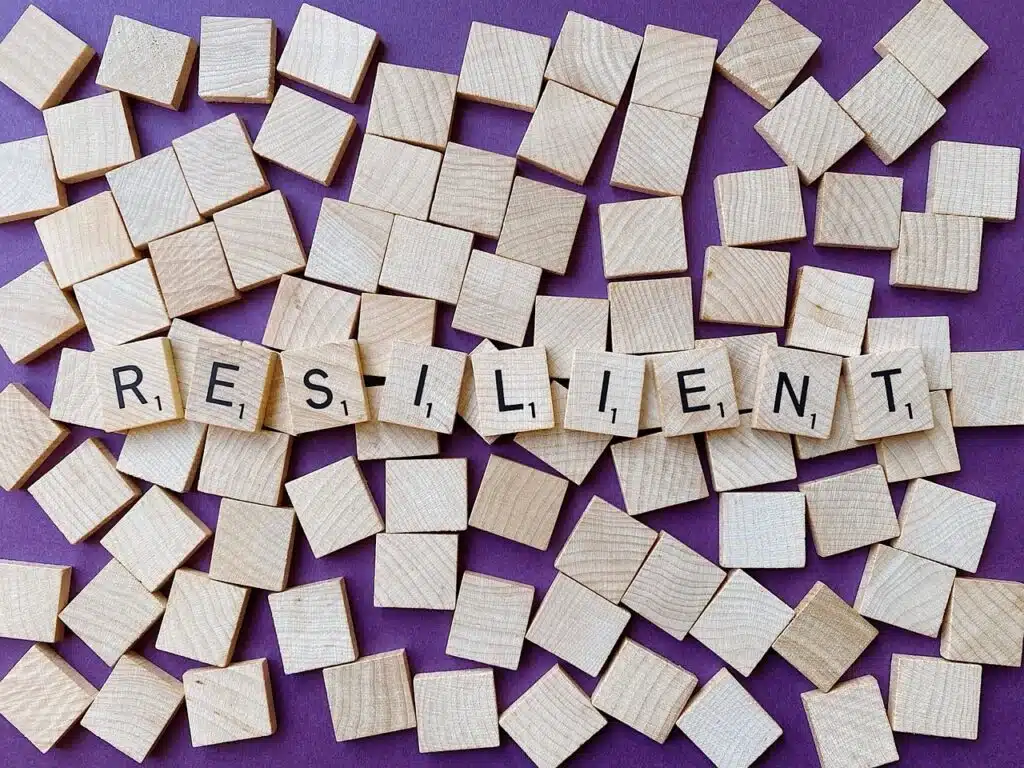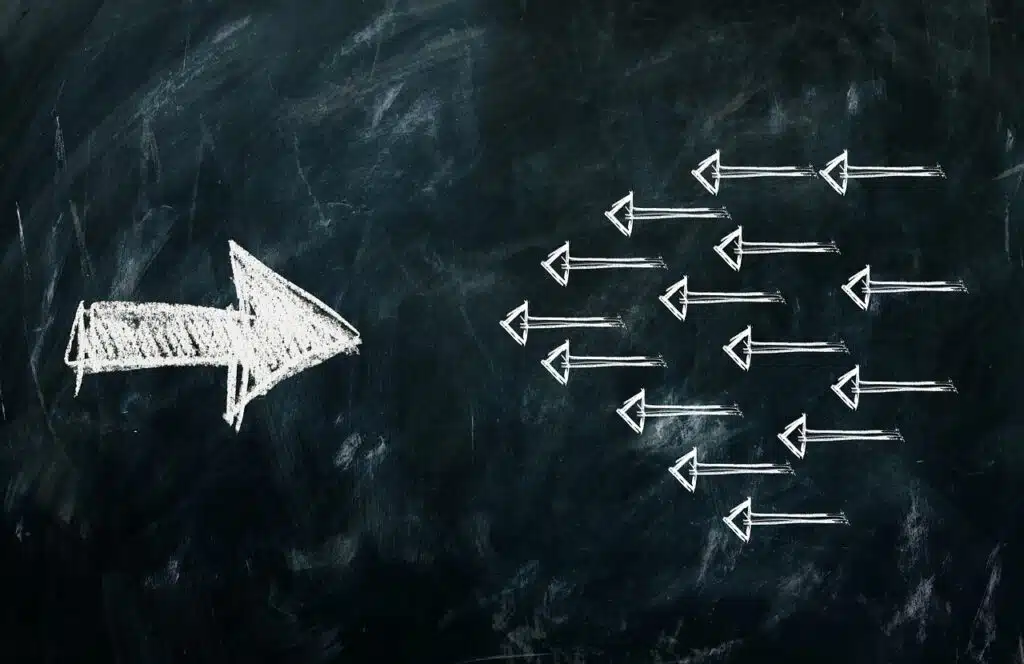Social Capital Disaster Resilience Interest Group
Welcome to this group focused on the intersection of social capital and disaster resilience.
As we all know, disasters can have a devastating impact on communities, causing widespread damage to physical infrastructure and disrupting social networks. However, research has shown that communities with high levels of social capital tend to be more resilient in the face of disasters, better able to coordinate relief efforts and provide support to those in need.
This interest group is dedicated to bringing together a diverse group of individuals, including researchers, practitioners, and passionate enthusiasts, who share a common interest in exploring the topic of social capital and disaster resilience. Our primary aim is to create a collaborative and engaging space where members can freely exchange ideas, insights, and experiences related to this topic.
Through this group, we aim to provide ample opportunities for members to learn from each other, disseminate their work, share valuable resources, and develop meaningful partnerships that promote cooperation and collaboration. By fostering a supportive community that encourages participation and active engagement, we believe that we can collectively contribute to the advancement of knowledge and practices in this field.
We invite all members to actively participate in this group, to share their unique perspectives, and to help us build a thriving community that is focused on creating positive change. Together, we can explore and discover innovative strategies for building resilient communities that can withstand the impact of disasters and thrive in the face of adversity.


The Value of Resilience
Resilience is generally accepted to be the capacity to adapt to changing environments, withstand exogenous shocks and if necessary, recover with the least amount of external assistance.
An individual, family member or organization will have different capacities, influenced by several variables, leading to a unique and flexible state of resilience. Research has shown that resilience, often considered the antonym to vulnerability, is not the result of a single action, but build and lost through a few investments.
The literature is heterogeneous on the most influential variables on resilience, with many scholars supporting an important role for social capital. The power of relationships to support and sustain individuals and communities under the influence of exogenous shocks – disasters, political, complex humanitarian or economic.
The 2020s are a disruptive decade, likely to only increase the pace of events as globalization retreats, economic regionalization surges and political upheaval dominates the most populous and powerful nations.
A key element to the study of resilience is empowerment, seeking guidance for the affected population, to build capacity in advance of events. What are the most beneficial strategies, how do strong relationships assist in different environments and how do we present ideas and solutions to the vulnerable and marginalized populations? These are the questions we pose, debate, and seek to understand. Our goal is to foster discourse and to provide guidance to the disaster community.
Our First Webinar
by Dr. Jeff Donaldson, Principal Researcher at Preparedness Labs Incorporated
Despite considerable efforts to issue emergency preparedness ideas across a number of mediums, the population has largely ignored the instructions and in doing so, placed themselves at increased risk. Social capital represents the ties with our communities – between individuals and organizations, where norms of reciprocity and trust form the foundation, or the glue and lubricant, for achieving our goals. Recent research has shown that there may be opportunities to use these identified connections throughout the community as trusted pathways, upon which important crisis communications may travel, thereby benefiting from the trust embedded in the structural pathway. This presentation will explore one such model, leveraging the identification of social connections through network analysis, mapping the sectors of society and discussing a methodology to connect these networks and the local emergency management team.
The Way Forward
In 2024, the Interest Group is creating the enabling environment to bring together like-minded scholars, practitioners, experts and interested parties to build a forum for robust discourse on disaster resilience and social capital.
Our intent is to offer webinars, open forum discussions, panels, and a host of other interactive opportunities to share knowledge and to learn. We build resilience through relationships. If you wish to join the Interest Group, create a profile on the Mighty Networks online portal and join the conversation: https://intsocialcapital.mn.co/

